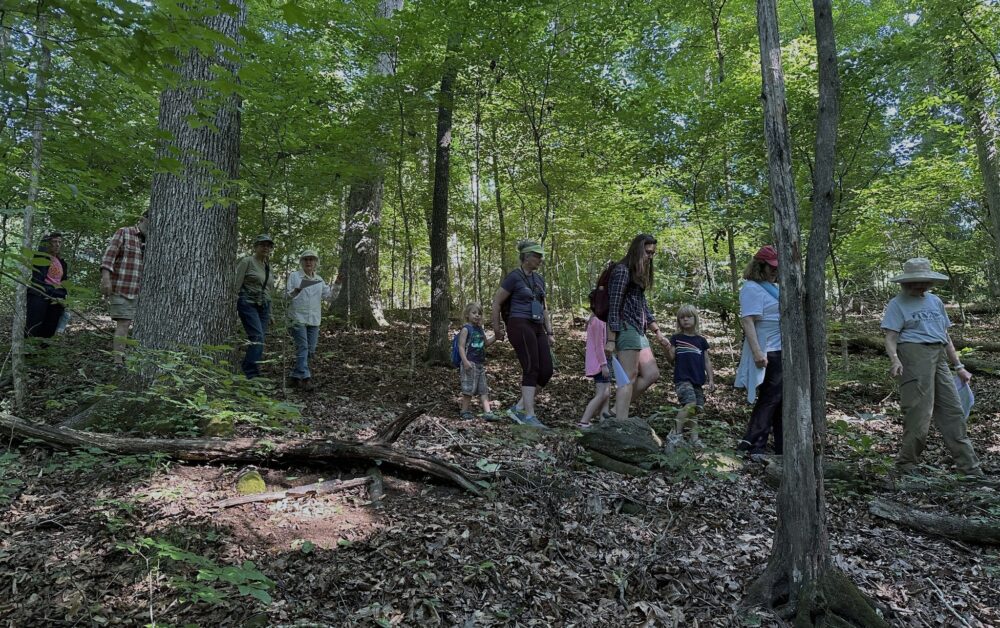1. Can moving threatened species from one location to another actually be detrimental? Could conservationists be spreading parasites and/or diseases? (link)
2. Coffee is dominated by one species, C. arabica. But arabica plants do not grow well at higher temperatures, such as those expected under climate change. Another species of coffee can tolerate higher temperatures and its beans seem to be as flavorful. (link)
3. Environmental DNA – how a tool used to detect endangered wildlife ended up helping fight the COVID-19 pandemic. (link)
4. 142 years ago, a professor at Michigan State buried a large number of bottles. Each bottle contained 50 seeds of 21 different kinds of plants. His purpose was to see how long the seeds remained viable. Initially, every 5 years one bottle would be dug up and the seeds tested. Later the interval was extended to 20 years. This year another bottle was unearthed. (link)
5. Antibiotics and the Foods We Eat. When it comes to the animals that humans raise to eat, a quick look at their numbers proves sobering. Worldwide, there are some 650 million pigs, 1 billion heads of cattle and 26 billion chickens. Such numbers cannot be achieved by traditional animal rearing practices that use extensive surface areas. (link)
6. No Transgenerational Effects of Chernobyl Radiation Found, The genomes of the children of people exposed to fallout from the Chernobyl nuclear accident appear to carry no trace of the incident. (link)
7. What a Video Game Can Reveal About Monkeys’ Minds. Researchers find that the animals can account for others’ behavior and circumstances in their strategies.
(link)
8. Interactive Infographic: How Salt Transforms Coastal Forests. Rising sea levels are pushing salty tides and storm surges farther inland, leading to the forest death and a shift from forested habitats to marsh. (link)
9. DNA of Giant ‘Corpse Flower’ Parasite Surprises Biologists. The bizarre genome of the world’s most mysterious flowering plants shows how far parasites will go in stealing, deleting and duplicating DNA. (link)
10. All the world’s penguins in one short video! (link)
11. Will reforestation offset our carbon emissions? (link)
12. Naturally GMO: Crops steal genes from other species to accelerate evolution. Grass crops borrow genes from their neighbors, giving them a competitive advantage, a new study has revealed. (link)
13. Bile and Potatoes, 1921. One hundred years after its invention, BCG has stood the test of time as a vaccine against tuberculosis. (link)
14, Radiolab podcast featuring a 17 year Periodical Cicada song segment begins at 9:50. (link)
